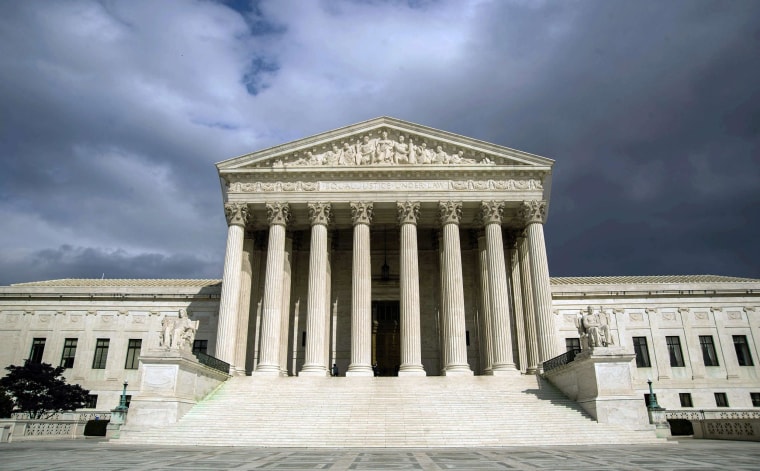The U.S. Supreme Court declined Tuesday to take up a challenge to a Washington state law that makes it illegal for pharmacies to refuse to dispense medications for religious reasons.
The court's action, bypassing an invitation to wade back into the issues of religion and contraception, allows the state to enforce the law.
Chief Justice John Roberts and Justices Clarence Thomas and Samuel Alito called the court's refusal to hear the case "an ominous sign."
The case involved a small family-owned business whose owners objected to stocking birth control pills.
The nation's pharmacies are generally allowed to make decisions about which drugs to stock, for business reasons or convenience. When a drug is not in stock, the pharmacies typically refer customers to a competitor nearby who has the medication.
Related: SCOTUS Sends Obamacare Contraception Case Back to Lower Courts
In 2007, Washington state adopted a rule making it illegal to refuse to stock a drug for reasons of conscience. It was challenged by the owners of a supermarket-based pharmacy who declined on religious grounds to handle morning-after pills.
"Dispensing these drugs would make them guilty of destroying life," their lawyer said.
A federal judge declared the regulation unconstitutional, citing previous Supreme Court rulings that said states cannot pass rules that are aimed at limiting specific religious conduct, while exempting the same conduct undertaken for non-religious reasons.
But an appeals court reversed that ruling, and Tuesday the Supreme Court declined to step in, leaving the law intact.
"If this is a sign of how our religious liberty claims will be treated in the years again, those who value religious liberty have cause for great concern," the three dissenting justices said.
The state defended its policy, saying it did not interfere with the religious freedom of individual pharmacists, who can refuse to fill prescriptions for moral or religious reasons. But the employers — the pharmacies — must ensure that customers get their prescribed medications.
There's more than a slight suspicion, the dissenting justices said, that the Washington regulations and the rules for enforcing it "reflect antipathy toward religious beliefs that do not accord with the views of those holding the levers of government power."

